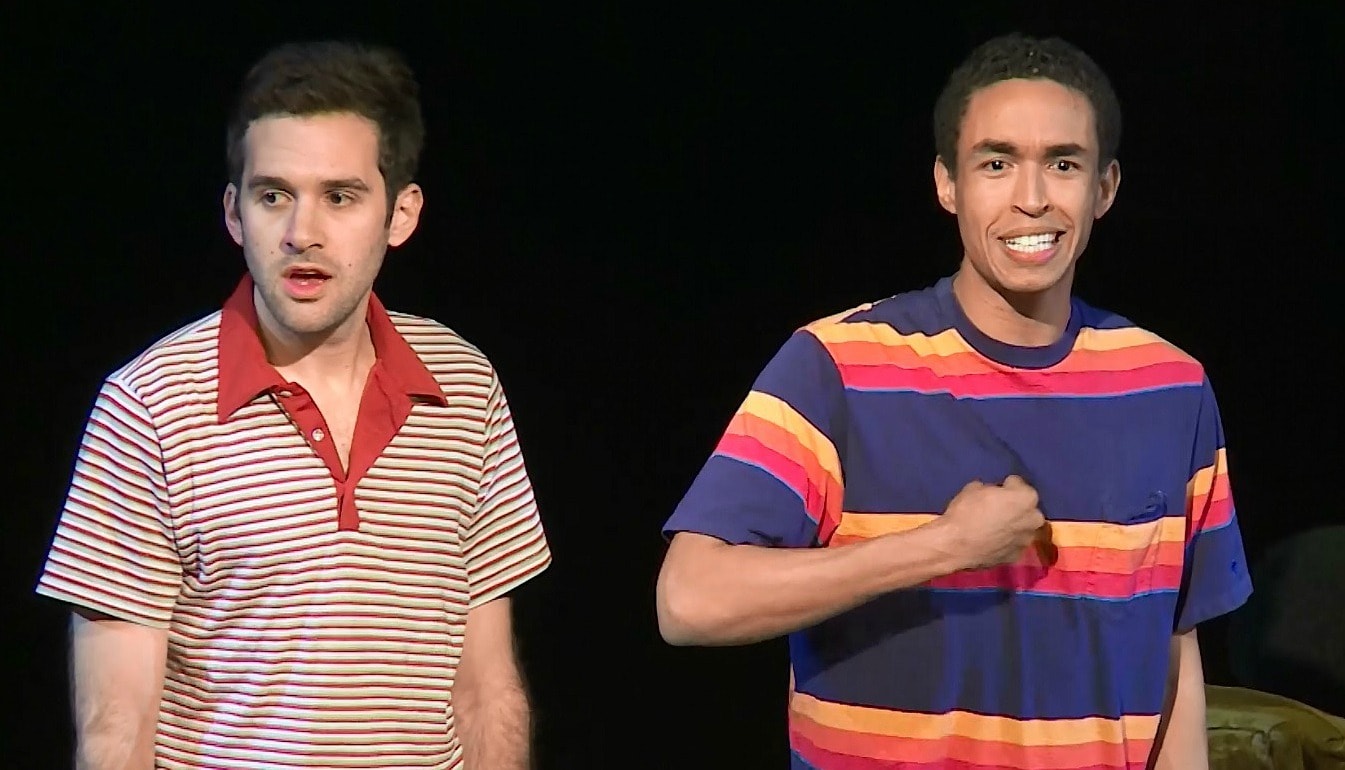When director Daniel Aukin started adapting Jonathan Lethem’s novel The Fortress of Solitude into a musical, he was living a few streets away from the Brooklyn block where the book takes place.
“It affected me very, very deeply,” Aukin says of the story of two motherless boys—one black, one white—growing up in the 1970s. “I wasn’t particularly looking for something to adapt, but there was something exciting about the possibility of this story being made into a musical. That thought just wouldn’t let go.”
Aukin brought Michael Friedman on as composer/lyricist and Itamar Moses as book-writer, and the trio secured the rights from Lethem, whom Aukin calls “unbelievably generous,” and started working without a commission. Luckily, many theatres were just as passionate about their concept—developmental workshops were slated at Los Angeles’s Center Theatre Group, Massachussetts’s Williamstown Theatre Festival and Poughkeepsie’s New York Stage and Film. Next up: The musical premieres at Dallas Theater Center, where it runs in a co-production with New York’s Public Theater March 7–April 6. The Public will stage the show in the fall.
“It has been a really heartwarming example of how the entire TCG edifice can support a project,” says Friedman, who notes that music serves as the “emotional backdrop” to the story, which takes place over approximately 30 years. “That’s the way we experience things now—I think of it as the iPod experience,” Friedman ventures. “The same way that when you go through a break-up, you pull out those songs and they have a meaning for you… I tried to create a score that was almost built for memory. When songs return, you remember different moments in the show, and it starts building a narrative that way.”
Lethem incorporates descriptions of pop songs, most of them fictional, and Friedman found himself in the funny position of writing real songs from Lethem’s prose. “He created his own history of the music,” says Friedman, admiringly.
But don’t be fooled—the musical takes many departures from the novel. “To really own this material in a musical theatre form, we need to detach a little,” says Aukin. “It’s not what the movie would look like. One has no choice but to make a theatrical gesture of the evening.”


